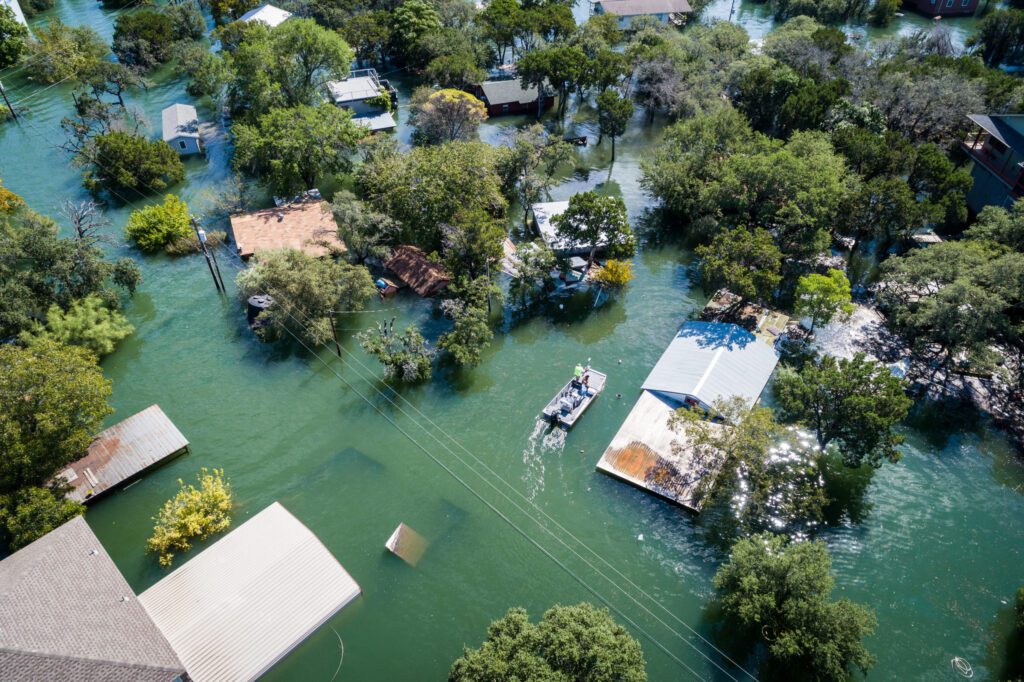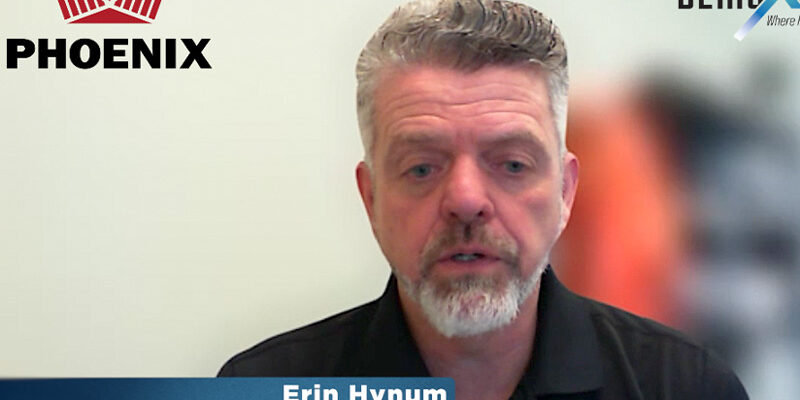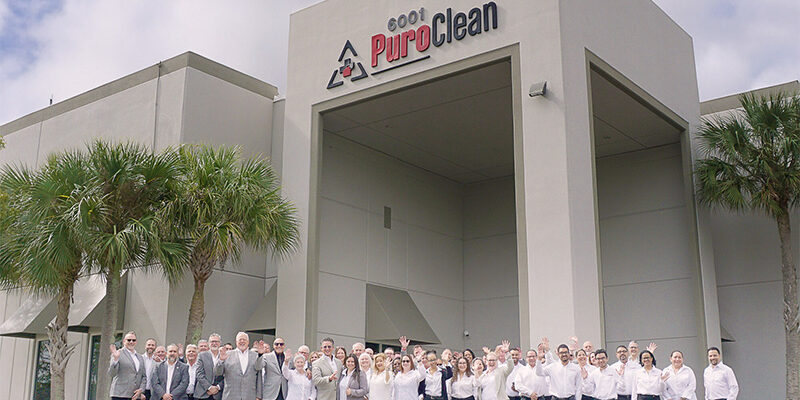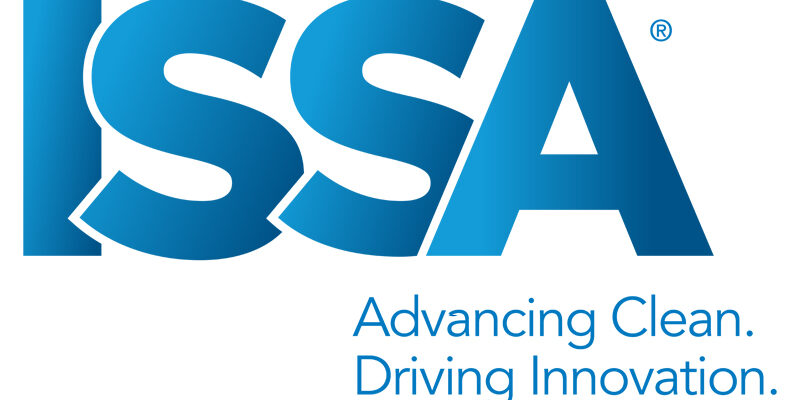Natural Disasters This Year Caused $260 Billion in Damage

ZURICH—December 12, 2022—A recent study published by Swiss Re Institute has found that natural disasters in America have led to an estimated $260 billion in damage so far this year. Of those losses, $115 billion were insured, which is 42% higher than the 10-year average of $81 billion in insured losses.
This shows a clear and definitive increase in damages year by year due to multiple factors ranging from climate change and gas emissions to poor development planning and a lack of preventative measures. Of the individuals affected, the low-income neighborhoods have experienced the most turmoil as restoring their homes has been far from simple—or cheap.
“Extreme weather events have led to high insured losses in 2022, underpinning a risk on the rise and unfolding on every continent,” said Martin Bertogg, head of catastrophe perils at Swiss Re, in the report. “Urban development, wealth accumulation in disaster-prone areas, inflation, and climate change are key factors at play, turning extreme weather into ever-rising natural catastrophe losses. When Hurricane Andrew struck 30 years ago, a USD 20 billion loss event had never occurred before — now there have been seven such hurricanes in just the past six years.”
In Florida, the issue continues to develop due to residents continuously fueling waterfront developments. The state has seen considerable waterfront population growth in recent years, despite being especially vulnerable to rising sea levels, warmer temperatures, and the more powerful storms they cause.
This problem for coastal areas is going to become even worse as glaciers continue to melt and climate change is not dealt with as effectively as needed. According to the Federal Emergency Management Agency, by the end of this century, climate change will increase the size of U.S. areas with a high flood risk by 55% along U.S. coastlines.
This doesn’t even begin to touch on the damage that forest fires and droughts have caused to residential and commercial buildings likewise. A recent report from the Pew Charitable Trusts found that the Department of the Interior and the U.S. Forest Service have nearly doubled their combined spending on wildfire management over the last 10 years.
As restoration professionals, recognizing this upwards trend of natural disasters and the costs of these damages is crucial in order to help clients prepare, mitigate even more damage, and continue to work with your team for years to come. Restoration companies specifically in the coastal areas should begin to develop preventative guides for their customers and have the right equipment for these increases in damage before they expand even further in the following years. For now, compassion and paying attention to the trends is the best way to approach this issue in the restoration, remediation, and disaster cleanup markets.












